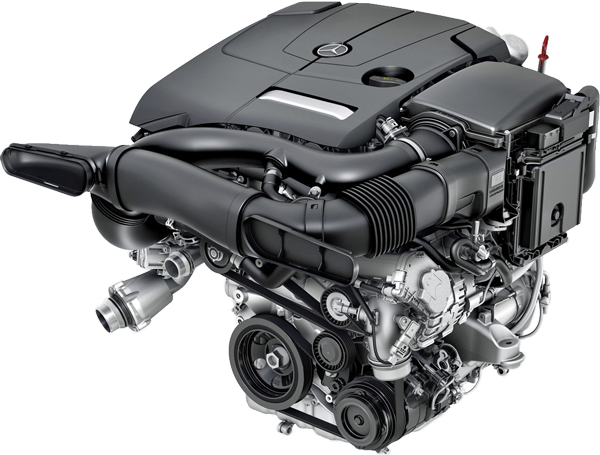The Comparative Analysis :
Mercedes E 500 4MATIC 7G-TRONIC (09 - 11) vs. Mercedes E 200 4MATIC 9G-TRONIC (19 - ..)
€ 71,400

€ 49,700

€ 71,400
Base Price ⓘBase price of a new vehicle with standard equipment in Germany at market launch.
€ 49,700
ⓘBase price of a new vehicle with standard equipment in Germany at market launch. Price Info
Vehicle Dimensions
The dimensions of these vehicles differ a little. The E 500 is 5.5 cm shorter, 0.2 cm wider and 0.3 cm taller than the E 200.
E 500
E 200
1471
1854
2071
1468
1852
2065
1854 mm
Width
1852 mm
2071 mm
Width Incl. Mirrors
2065 mm
1471 mm
Height
1468 mm
2874
4868
2939
4923
4868 mm
Length
4923 mm
2874 mm
Wheelbase
2939 mm
Vehicle Weight
E 500
E 200
1880 kg
Kerb Weight
1690 kg
2425 kg
Gross Vehicle
Weight
Weight
2325 kg

Weight Difference:
190 kg
10.11 %

General
E 500
E 200
W212
Generation
W213
Saloon
Car Body Style
Saloon
Unleaded (95 RON)
Fuel Type
Unleaded (95 RON)

Permanent all-wheel drive
Drive
Permanent all-wheel drive

7-speed automatic transmission
Transmission
9-speed automatic transmission
Engine
E 500
E 200
V8 petrol engine (naturally aspirated engine)
Engine Type
4-cylinder mild hybrid petrol engine with turbocharger
Mercedes-Benz M 273
Engine Series
Mercedes-Benz M 274
M 273.970
Engine Code
M 274.920


4
Valves
4
8
Cylinders
4
5461 CC
Engine Capacity
1991 CC
383 bhp
at 6000 rpm
Power
208 bhp
at 5500 rpm
E 500
383 bhp
208 bhp
E 200
530 NM
at 2800 rpm
Max. Torque
320 NM
at 1650 rpm
E 500
530 NM
320 NM
E 200
Performance
E 500
E 200
155 mph
Maximum Speed
144 mph
5.4 sec
Acceleration 0 to 62 mph
7.6 sec
62 mph
62
mph
mph
75 m
0.000 sec

E 500
62 mph
62
mph
mph
106 m
0.000 sec

E 200
▶ REPLAY
4.91 kg/bhp
Weight-to-Power Ratio
8.13 kg/bhp
E 500
4.91 kg/bhp
8.13 kg/bhp
E 200
Fuel Economy / Emissions
E 500
E 200
Fuel Economy
26 mpg
combined
42 mpg
E 500
26 mpg
42 mpg
E 200
17 mpg
city
33 mpg
35 mpg
motorway
50 mpg
80 L
Fuel Tank Capacity
50 L
452 mi
Range
464 mi
E 500
452 mi
464 mi
E 200
Environmental Impact
208.4 kWh
Total Energy Consumption
per 100 miles ⓘThe total energy consumption per 100 miles is the amount of energy consumed by a vehicle when burning fuel or using electricity per 100 miles (final energy), and the energy required to produce the appropriate amount of fuel or electricity (primary energy).
per 100 miles ⓘThe total energy consumption per 100 miles is the amount of energy consumed by a vehicle when burning fuel or using electricity per 100 miles (final energy), and the energy required to produce the appropriate amount of fuel or electricity (primary energy).
127 kWh
E 500
208.4 kWh
127 kWh
E 200
Euro 5
Emission Standard
Euro 6d-TEMP-EVAP-ISC (WLTP) 36CH, 36CI, 36DG
258 g/km (NEFZ)
CO2 Emissions
172 g/km (WLTP)
Practical Convenience
E 500
E 200
4
Doors
4
5
No. of Seats
5
545 kg
Maximum Payload
635 kg
540 L
Boot Capacity
540 L










No data
Boot Capacity (Seats Down)
No data



















